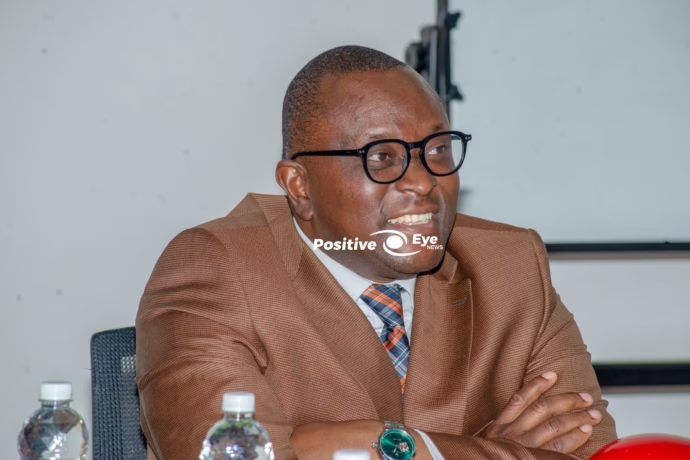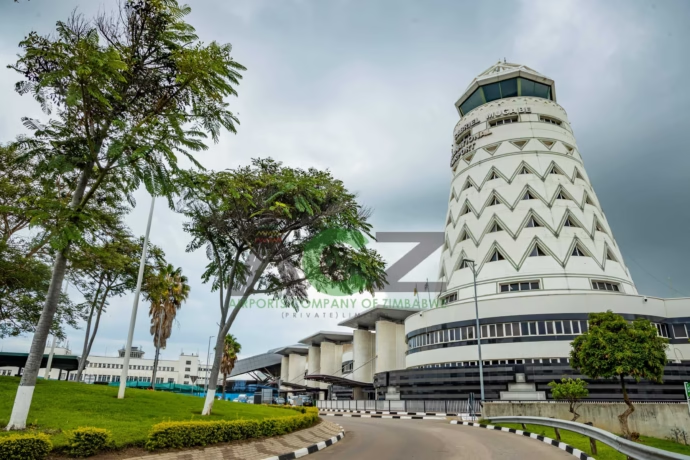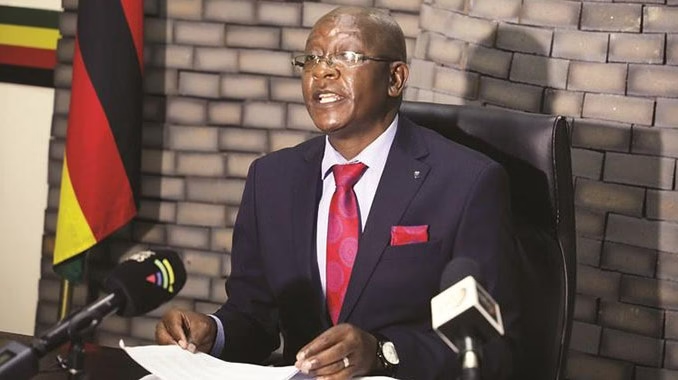
The National Sports Stadium in Zimbabwe is set for major upgrades thanks to a partnership between the Government and Sakunda Holdings. This project is part of the Second Republic’s policy to promote Public-Private Partnerships (PPPs) aimed at modernizing the country’s sports facilities. One key improvement is the installation of bucket seats, which is a requirement by the Confederation of African Football (CAF) for hosting international games. Zimbabwe’s failure to meet this requirement has previously forced the national team to play home matches in other countries. With the new seats and other necessary equipment expected to arrive soon, the stadium will be ready to host international soccer matches once again.
President Mnangagwa’s vision of modernizing sports facilities is driving this initiative. His plan includes constructing new community sports facilities, introducing bucket seats in stadiums nationwide, and adopting e-enabled features like pre-match bookings and e-ticketing. The National Sports Stadium upgrade is a significant step toward bringing international soccer back to Zimbabwe. Following the lifting of the FIFA ban, Zimbabwe had to play its home matches in other countries, including Rwanda and South Africa. The government’s collaboration with Sakunda Holdings to procure the necessary equipment is a welcome move for many soccer fans in the country.
This development follows President Mnangagwa’s recent groundbreaking ceremony for a new 10,000-seat cricket stadium in Victoria Falls, set to be completed in 2026. The Mosi-oa-Tunya International Cricket Stadium will host the 2027 Men’s Cricket World Cup. Additionally, the government is building sports facilities in rural areas, such as the 20,000-seat Uhera Stadium in Murambinda, Manicaland, and the Mupfure Stadium at Mt Darwin High School. These projects aim to promote grassroots sports and provide healthy activities for youths, aligning with the Government’s Community Sport and Recreation Club system initiative.
Meanwhile, the Harare City Council, led by the opposition CCC, faces challenges. The council previously rejected a partnership with Sakunda Holdings to refurbish Rufaro Stadium. Despite reportedly spending over US$1 million, there have been no significant improvements to the facility, which remains outdated with minimal changes.
The partnership between the Government and Sakunda Holdings for upgrading the National Sports Stadium marks a significant step in Zimbabwe’s sports development. With modern facilities meeting international standards, Zimbabwe is poised to reclaim its position as a host for international soccer matches, bringing joy to countless fans across the nation.
Positive Eye News




